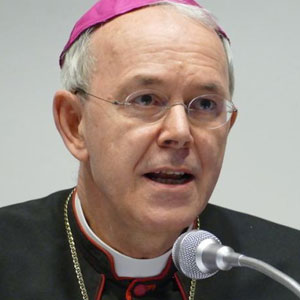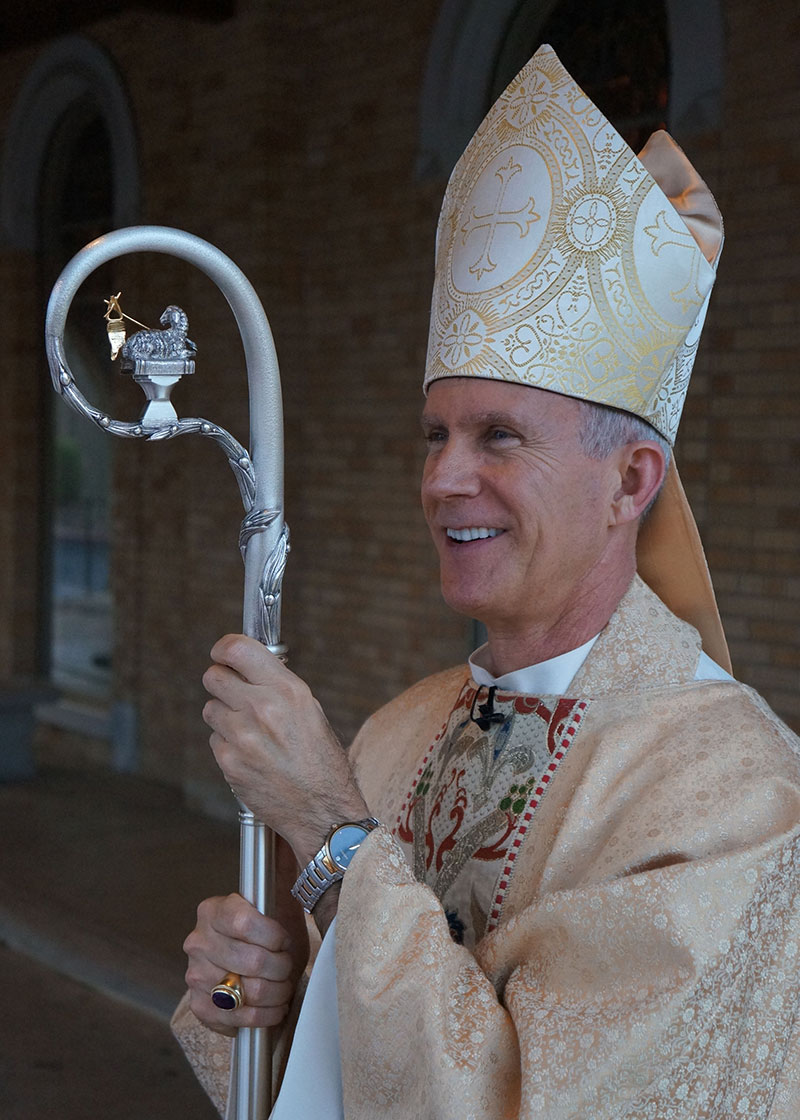No one in the Church has the authority to consider or declare an elected and generally accepted pope an invalid pope. It is clear from the constant practice of the Church that even were a papal election were invalid, it would de facto be healed through the general acceptance of the newly elected by the overwhelming majority of cardinals and bishops.
Even were a pope were heretical, he would not automatically lose his office, and there is no one within the Church to declare him deposed on account of heresy. Such actions would approach a kind of heresy, of conciliarism or episcopalism. According to these heresies, there is a body within the Church (ecumenical council, synod, college of cardinals, college of bishops), which can issue a legally binding judgment on the Roman Pontiff.
The theory of the automatic loss of the papacy due to heresy is only an opinion; even St. Robert Bellarmine noted this and did not present it as a teaching of the Magisterium. The perennial papal Magisterium has never taught this as a doctrine. In 1917, when the Code of Canon Law (Codex Iuris Canonici) came into force, the Church’s Magisterium eliminated from the new legislation a remark of the Decretum Gratiani contained in the old Corpus Iuris Canonici, which stated that a pope who deviates from right doctrine can be deposed. Never in the history of the Church has the Magisterium provided canonical procedures for the deposition of a heretical pope. The Church has no power over the pope formally or juridically. According to surer Catholic tradition, in the case of a heretical pope, the members of the Church can avoid him, resist him, and refuse to obey him. All of this can be done without any need for a theory or opinion that a heretical pope automatically loses his office or can be deposed.
Therefore, we must follow the surer way (via tutior) and abstain from defending the mere opinion of theologians, even those of saints like Robert Bellarmine.
The pope cannot commit heresy when he speaks ex cathedra; this is a dogma of faith. In his teaching outside of ex cathedra statements, however, he can make erroneous, ambiguous, or even heretical doctrinal statements. And since the pope is not identical with the entire Church, the Church is stronger than a singular erring or heretical pope. In such a case, one should respectfully correct him (avoiding purely human anger and disrespectful language) and resist him as one would resist a bad father of a family. Yet the members of the family could never declare that he had automatically forfeited his fatherhood or been deposed as father. They can correct him, refuse to obey him, separate themselves from him, but they cannot declare him deposed.
Good Catholics know the truth and must proclaim it and offer reparation for the errors of an erring pope. Since the case of a heretical pope is humanly irresolvable, we must, with supernatural faith, implore God’s intervention. For an individual, an erring pope is not eternal, and the Church is not in our hands but in the hands of Almighty God.
We must hold on to supernatural faith, trust, humility, and a love of the Cross in order to endure such a tremendous and extraordinary trial. These situations are relatively brief in comparison to the Church’s 2000-year history. Therefore, we must not yield to overly human reactions and seemingly easy solutions by declaring the invalidity of a pontificate, but instead be sober and alert, keep a truly supernatural outlook, and trust in divine intervention and the indestructibility of the Catholic Church.
+ Athanasius Schneider


